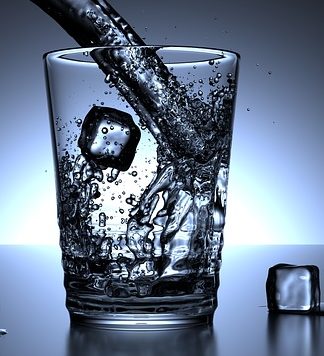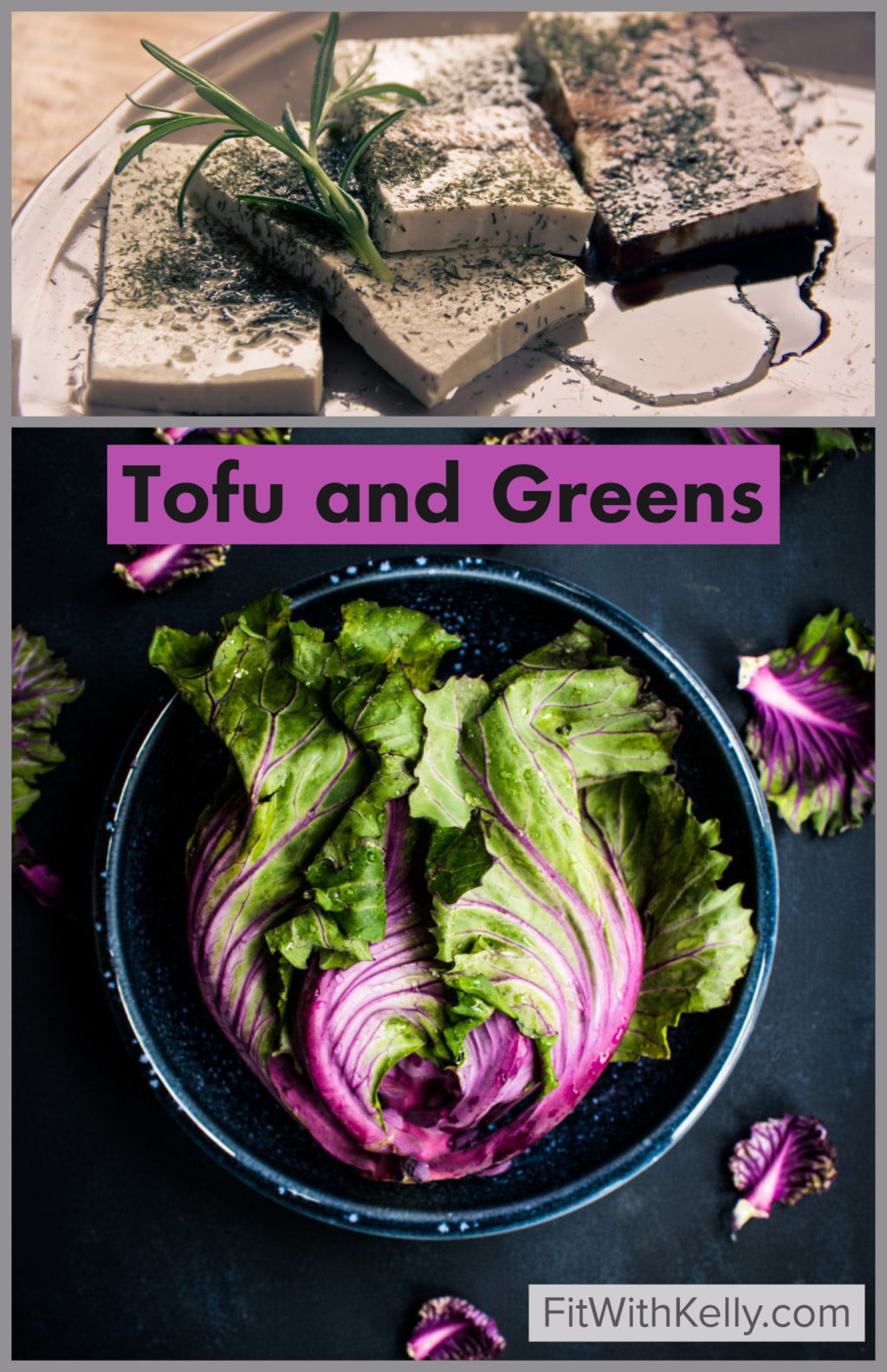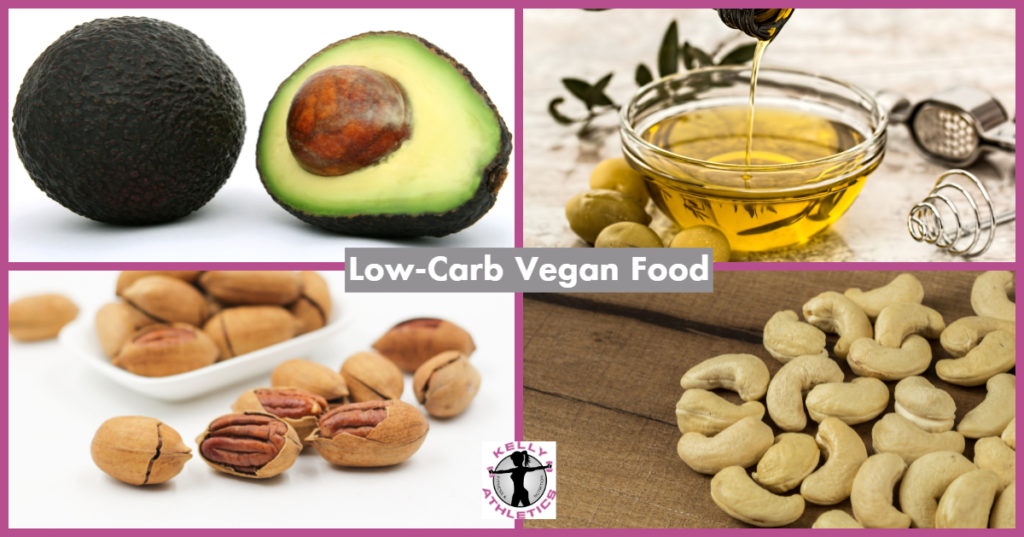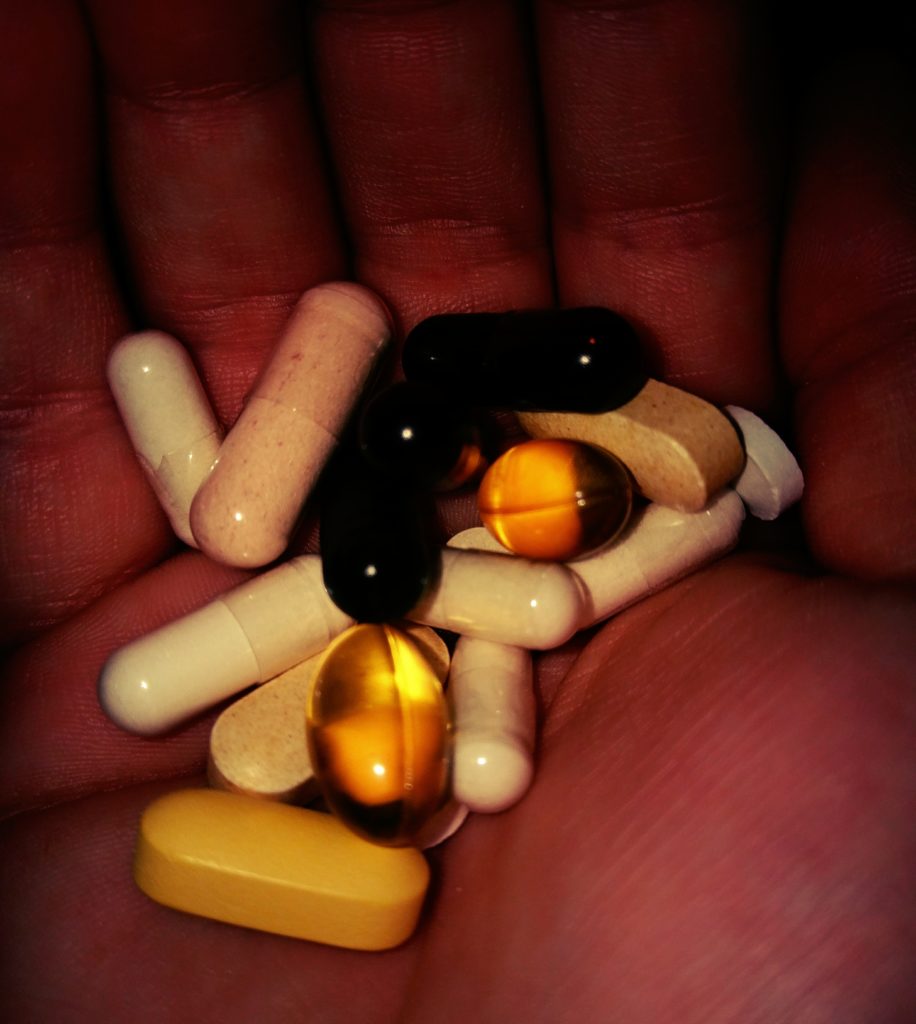Non-Diet Keto: How to Get into Ketosis without Food
Did you know that the keto diet is an artificial way to get into ketosis? Ketosis is most naturally induced by fasting – not by eating! Fast, you say? Yes! Fasting is a non-diet state of restriction in which food is given up altogether for short periods of time, historically done for spiritual reasons or to cleanse the body of impurities. During fasting, people report burning fat much quicker than any diet on the planet. How?
Because without any food intake, the digestive system takes a break and our ketone levels rise, allowing the body to focus on fat burning. (Medical Disclaimer: I am not suggesting you change your diet or stop eating; I am simply sharing information based on scientific studies on fasting. Do not attempt fasting or the keto diet without talking to your physician first.)

Fasting = no food.
Fasted Ketosis: People have reported entering ketosis in as little as 16 hours on a dry fast (no food or water) and within 72 hours on a water fast (no food just water). While there are benefits of being in ketosis from fasting, carb restriction is not the same; digestion is still in full force when eating. Eating anything at all may slow down the process and therefore reduce the benefits. Also, ketones from low carb diets can increase blood acidity, leading to poor athletic performance, coordination, and concentration (Skolnik 16).
The animal-based foods included in a ketogenic diet contain massive amounts of cholesterol, saturated fat, omega 6 fatty acids, and in some cases too much protein, which is known to cause health problems long-term such as fatty liver disease and insulin resistance (2).
Fasting Benefits: Fasting is so powerful that it has been shown to slow the growth of cancer tumors and improve the effectiveness of chemotherapy leading to long-term survival (3). People also report healing their bodies from various ailments during fasts. Fasting is something people use for other health benefits like wound healing and emotional healing, but this natural therapy is done through a process called autophagy. In simple terms, autophagy is a mechanism at the cellular level in which cells “clean” themselves to detoxify and achieve homeostasis.
Autophagy seemingly protects healthy cells while causing death of unwanted cells (4). Since toxins tend to be released during autophagy, it is quite common for beginners to feel unwell during this stage of fasting. (It may help to take Epsom salt baths and drink lots of water if you experience toxic build-up). While fasting, you can experience autophagy within the first 24 hours without even being in ketosis.

Fasting enhances the effects of chemotherapy and extends cancer survival rates.
Why it’s Better: It is uncertain whether a ketogenic diet can induce autophagy since the digestive system is still in action, but autophagy is the reason fasting can be good for you! You can experience the benefits of autophagy by practicing intermittent fasting without eliminating carbohydrates from your diet. Eating carbs between fasts will not take away the benefits of autophagy but eating unhealthy food can disrupt healing.
If you want to get into ketosis while intermittent fasting, you can stick to low-carb foods during your eating window or fast for longer time periods. As described in the previous article, vegan keto is the healthiest type of keto diet due to its higher nutrient density and reduced risk of illness.

Water helps remove toxins from our bodies during a fasted state. It is very important to stay hydrated before, during, and after prolonged fasts.
Starvation
You might be wondering “Isn’t fasting the same thing as starving yourself?” Essentially, fasting is a form of starvation – but only temporarily as the body heals itself from ailments and utilizes fat for energy. Our bodies naturally go into ketosis, in order to have energy to find food when unable to eat. We naturally turn away food when we are sick because our bodies want to heal quicker. It seems like the keto diet is not a natural way of life, because you would be forcing yourself to avoid the very foods your body wants and needs – carbohydrates.
Ketosis
Ketosis should only take place for short periods of time WHEN you are sick or WHEN you have no access to food. Forcing your body into a prolonged state of ketosis (especially without ongoing autophagy) likely will have undesirable side effects. However, fasting on an intermittent schedule for health reasons is safer than carb avoidance through low carb dieting. Water fasting can be beneficial to our bodies if we want to experience ketogenic healing, allowing the water to flush out toxins (without putting new toxins in). Much of the weight loss experienced during ketosis can include water weight. This can be regained after a fast or when discontinuing a keto diet.
References:
- Heidi Skolnik and Andrea Chernus. “Nutrient Timing for Peak Performance.” Human Kinetics. Published 2010.
- Christophe Kosinski and Fracois R Jornayvaz. “Effects of Ketogenic Diets on Cardiovascular Risk Factors: Evidence from Animal and Human Studies.” MDPI Nutrients – Open Access Journal of Human Nutrition. Published May 19, 2017. https://www.ncbi.nlm.nih.gov/pmc/articles/PMC5452247/ Accessed on August 2, 2018.
- Lee, L. Raffaghello, S. Brandhorst, F.M. Safdie, G.Bianchi, A. Martin-Montalvo, V. Pistoia, M. Wei, S.Hwang, A. Merlino, et al. “Fasting cycles retard growth of tumors and sensitize a range of cancer cell types to chemotherapy”. Sci. Transl. Med., 4 (2012), p. 124ra127. https://www.ncbi.nlm.nih.gov/pubmed/22323820. Accessed August 1 2018.
- Maryam Mehrpour, Audrey Esclatine, Isabelle Beau, and Patrice Codogno.“Autophagy in health and disease. 1. Regulation and significance of autophagy: an overview.” American Journal of Physiology – Cell Physiology. Published April 1, 2010.




